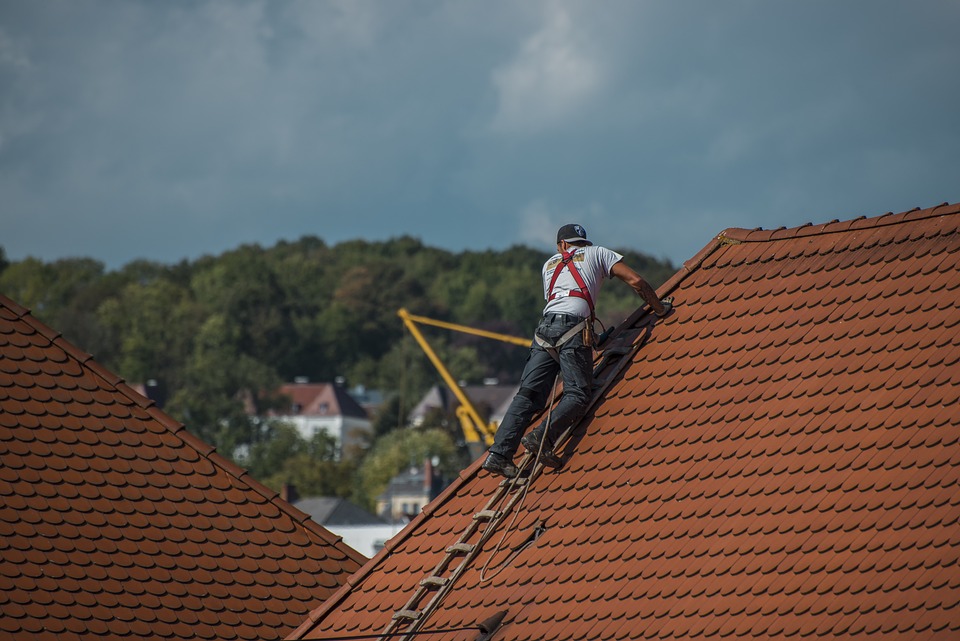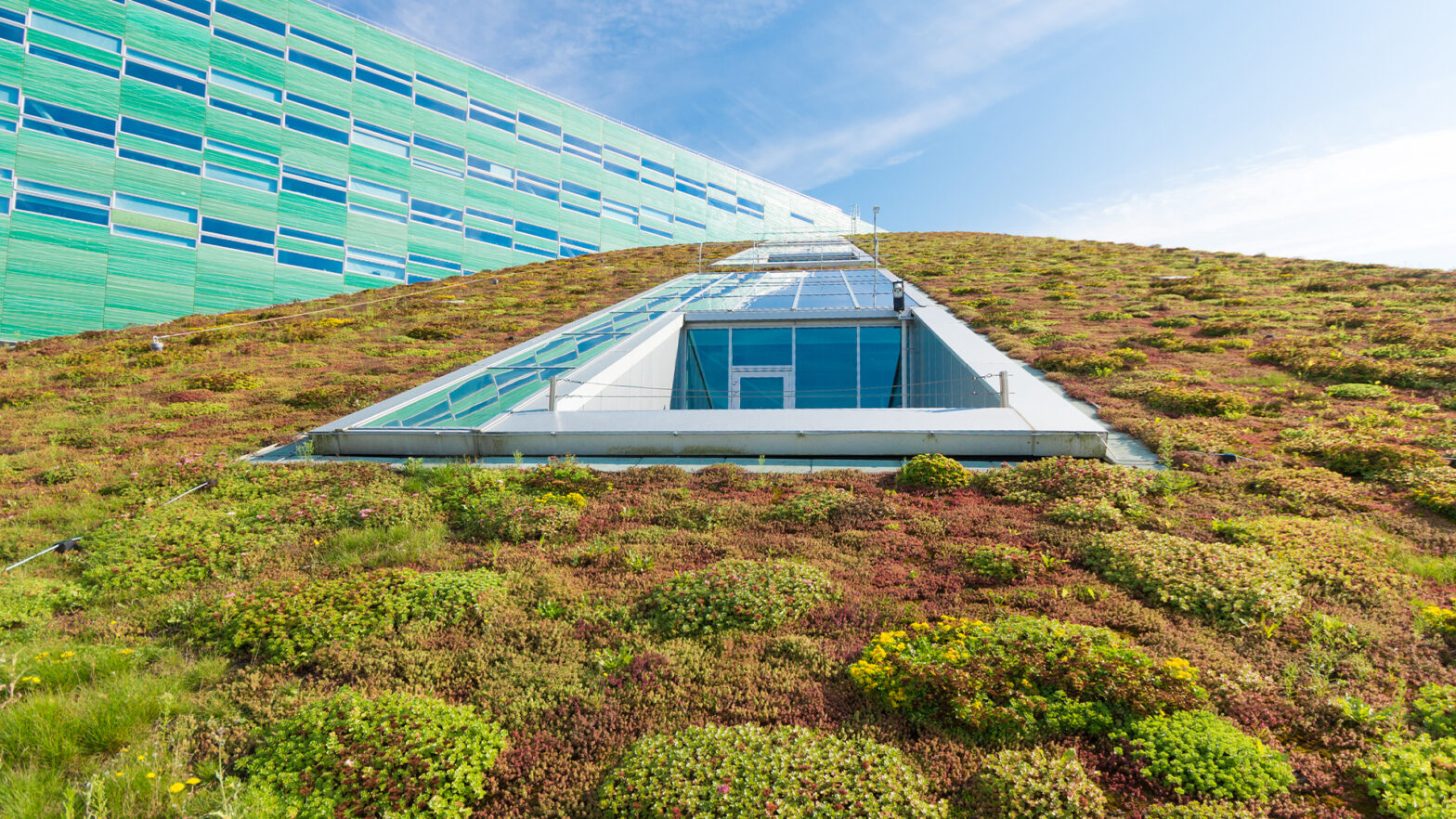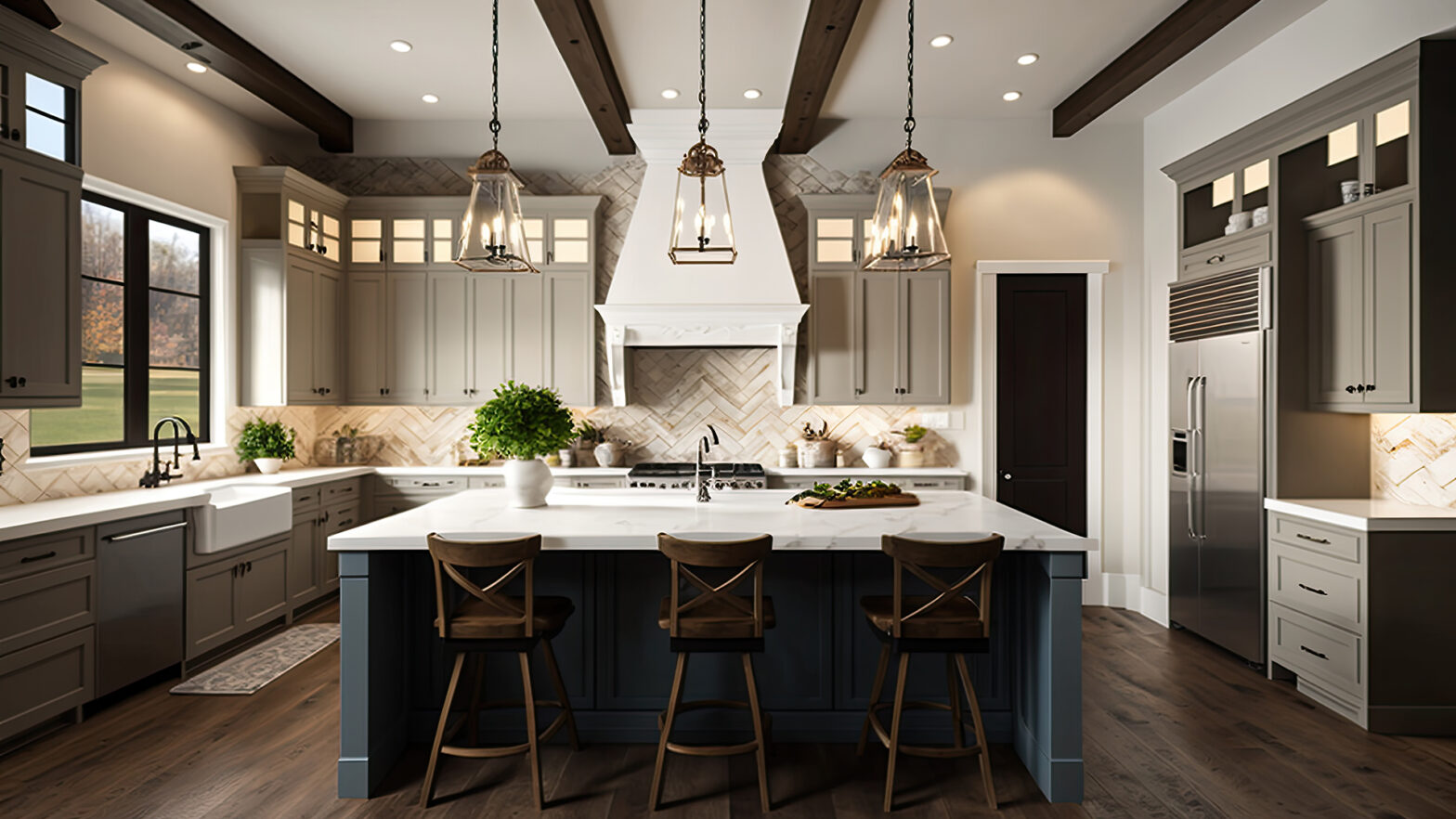The roof is undoubtedly among the most important structural components of any home or property. And as a homeowner, one of the best ways to protect your family and belongings is to make sure your roof is in tip-top condition at all times.
5 Things You Should Know About Your Roof
The roof is undoubtedly among the most important structural components of any home or property. And as a homeowner, one of the best ways to protect your family and belongings is to make sure your roof is in tip-top condition at all times.
Also, being well-informed about all aspects of your roofing system can help you make the most out of its lifespan in terms of your home’s protection, comfort, aesthetic appeal, and even its resale value.
Read on as we take a look at five essential things homeowners should be aware of to ensure an efficient and reliable roof over their heads.
1. Roof Type: Understanding Different Roofing Systems
There are many types of roofing systems available on the market, each with its own set of characteristics, merits, and demerits. As for the roof type by material, the most common options include asphalt shingles and concrete tiles, both of which have their own advantages and disadvantages.
For example, asphalt shingles provide superior aesthetics at a low cost, but may need more frequent maintenance due to their fragility. Conversely, concrete tiles are heavier but are often durable and require less maintenance over time.
In a comprehensive guide to roofing systems by Roof Squad, the renowned roofers in Houston and New Orleans assert that roofing systems comprise various complex components working together to protect your home. These include the main roofing material (such as metal, shingles, or tiles), alongside wood, roofing insulation, base layer, and the vapor barrier.
They add that, depending on the roof’s shape, climate, and environmental elements that affect the longevity of materials, the best roofing system for your home may be determined by various factors.
2. Understanding Your Roof’s Life Span
Different types of roofs have different life expectancies, ranging anywhere from 10 to 50 years or more in some cases. To maximize the lifespan of your roof, it is important to be aware of these expectations.
Not only will this help you determine which materials and installation styles are best suited for your home, but it can also help you keep a close eye on maintenance needs and potential signs of damage throughout its life cycle.
3. Regular Roof Maintenance
When it comes to roof maintenance, being proactive can go a long way in ensuring its longevity. Checking for signs of mould or algae build-up, for instance, can help in not only maintaining your roof’s efficacy but also enhancing its appearance. A big part of proper roof maintenance also involves cleaning the gutters, trimming the trees around, and sealing gaps.
Moreover, regular repair work on things like loose shingles or damaged flashing will help prevent water infiltration issues throughout the years and protect against further costly damage.
4. Prepare Your Roof Ahead of the Storm Season
As a responsible homeowner, it is important to think ahead and prepare your roof for stormy weather. Winter storms bring moisture, which can lead to roof damage if left unchecked.
Certain preventive measures such as cleaning gutters, checking on shingle condition, and patching any cracks or holes in the roof before it rains can go far in keeping you safe from potential water intrusion that could cause long-lasting issues.
5. Attic Ventilation and Insulation Are Paramount for a Healthy Roof
As already hinted, insulation and ventilation play a major role in the overall longevity and health of your roof. Proper ventilation draws out moist air and provides the necessary airflow to keep your home cool.
Ensuring adequate attic ventilation and insulation also helps reduce condensation, protecting your roof from possible damages caused by heat or moisture build up over time.
Keeping a close eye on your roof is a great way to ensure it serves you well for many years. Taking the time to obtain the right knowledge and execute proper maintenance gives peace of mind as far as having an efficient, dependable, and long-lasting roof over your head is concerned. Hopefully, the above tips will help you ensure just that.































